by Brandy Abalos
Anxiety is a normal and often healthy way to keep safe and alert. However, excessive or persistent anxiety can interfere with a person’s daily life and become a disorder.
What Is Anxiety?
Anxiety is when people experience intense, excessive and persistent worry and fear about everyday situations. When a person experiences significant anxiety symptoms, and it impacts their daily life, it is considered a disorder.There are numerous varieties of anxiety disorders. Some examples include panic disorder, generalized anxiety disorder, social anxiety disorder and obsessive-compulsive disorder. Each anxiety disorder presents in unique ways, but they all share some common features, such as:
- Excessive worry or fear
- Physical symptoms, such as restlessness, muscle tension, fatigue and difficulty sleeping
- Cognitive symptoms such as difficulty concentrating, racing thoughts and negative self-talk
What Is the Purpose of Anxiety?
Anxiety lets a person know when they are in a dangerous situation and can help them escape difficult circumstances. Anxiety can trigger the fight-or-flight mentality when necessary. “Fight or flight” typically kicks in when a person perceives they’re in danger. This instinct can help them make quick decisions if they actually are in danger.
Practical Tips and Techniques to Manage Anxiety
Here are some additional practical tips and techniques for managing anxiety:
- Learn about anxiety. The more a person knows about anxiety, the better equipped they will be to manage it. Read books and articles about anxiety and discuss any concerns with a doctor or therapist.
- Identify anxiety triggers. Knowing triggers can help a person devise strategies for avoiding or coping with them.
- Practice relaxing. Try deep breathing, meditation, progressive muscle relaxation and other relaxation techniques to help calm the body and mind.
- Challenge negative thoughts. Negative thoughts and worries often accompany anxiety. Instead of accepting them at face value, think about whether or not there is any evidence to support them.
- Avoid caffeine and alcohol. Caffeine and alcohol have been proven to worsen anxiety.
- Exercise regularly. Exercise can reduce stress and anxiety. Aim for at least 30 minutes of moderate-intensity exercise most days of the week.
- Sleep for 7-9 hours each night. Those who are well-rested are better equipped to deal with stress.
- Talk to a trusted friend, family member or therapist. Doing so can help a person feel less alone and more supported.
Getting Professional Help for Anxiety
When anxiety interferes with a person’s daily life, it is essential for them to seek professional help. A therapist can work with them on additional coping skills and help them develop a customized treatment plan.


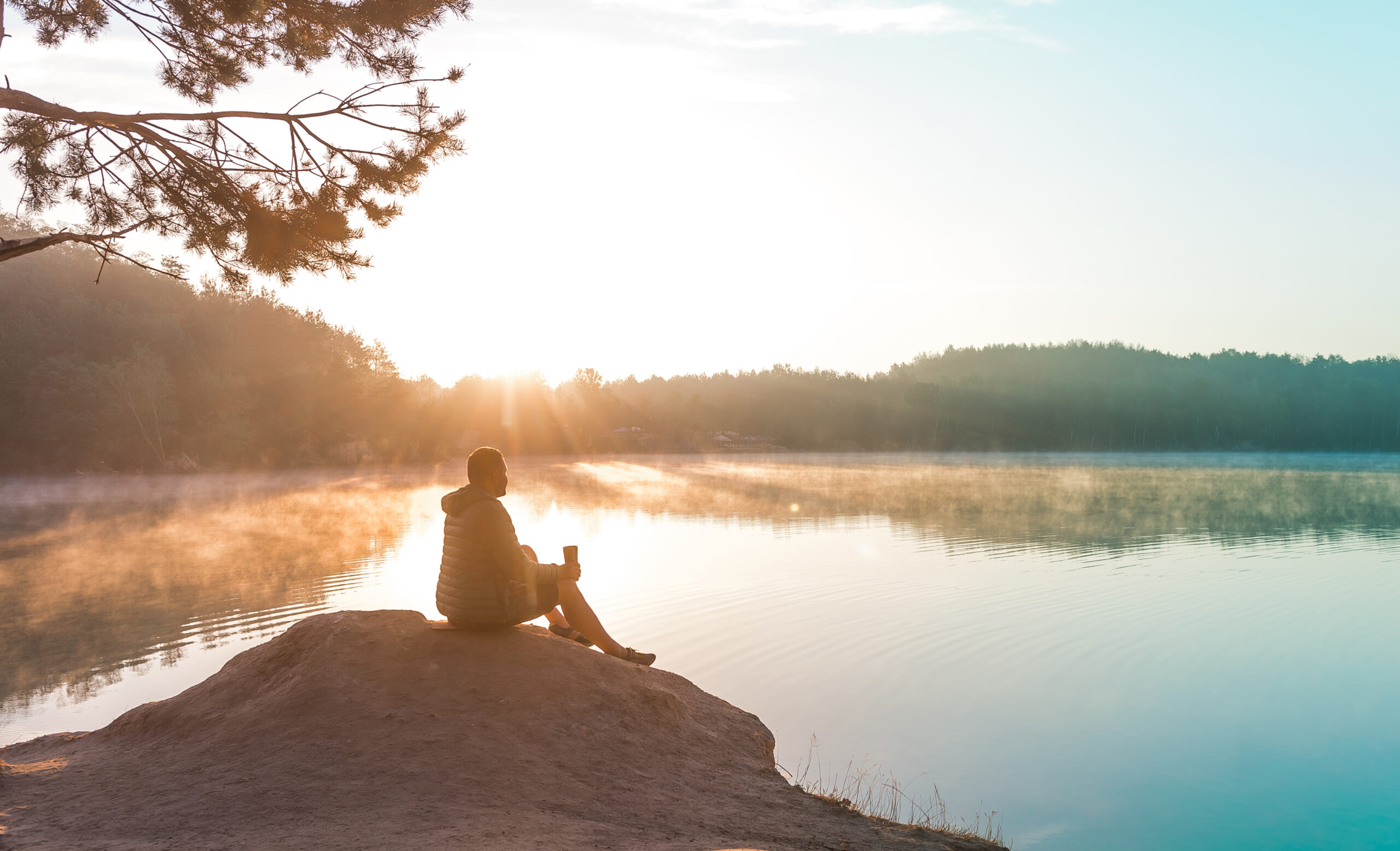
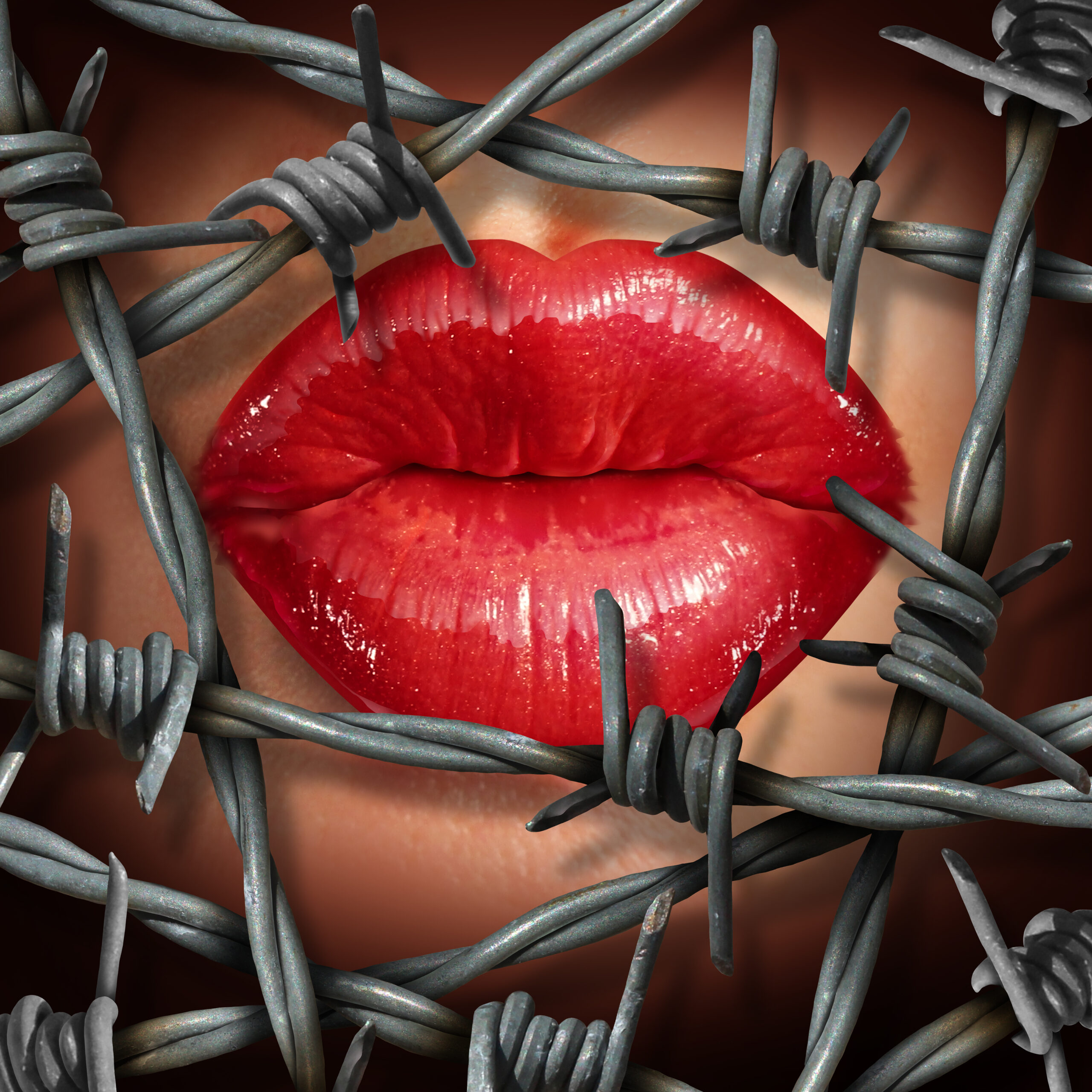
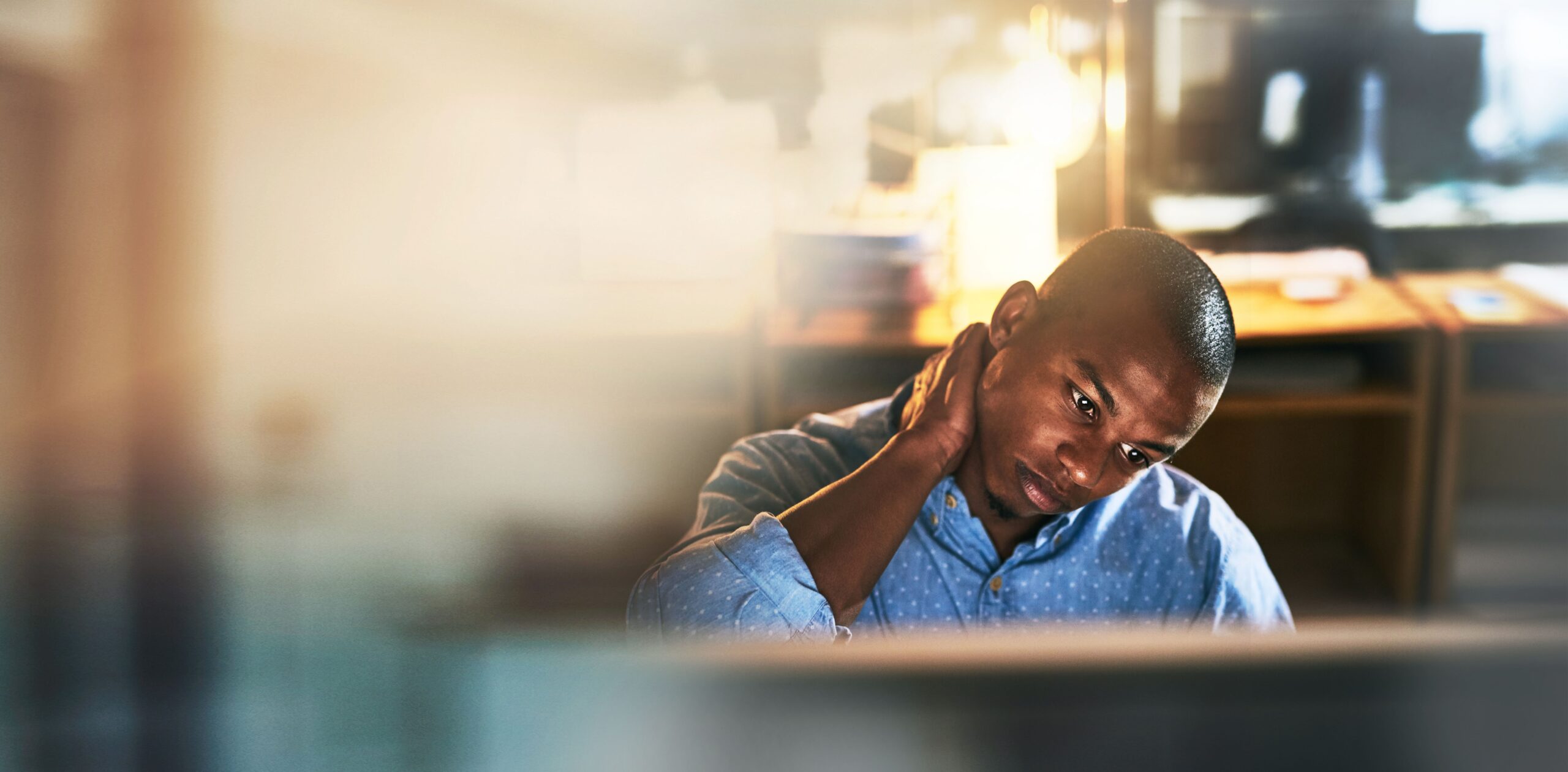
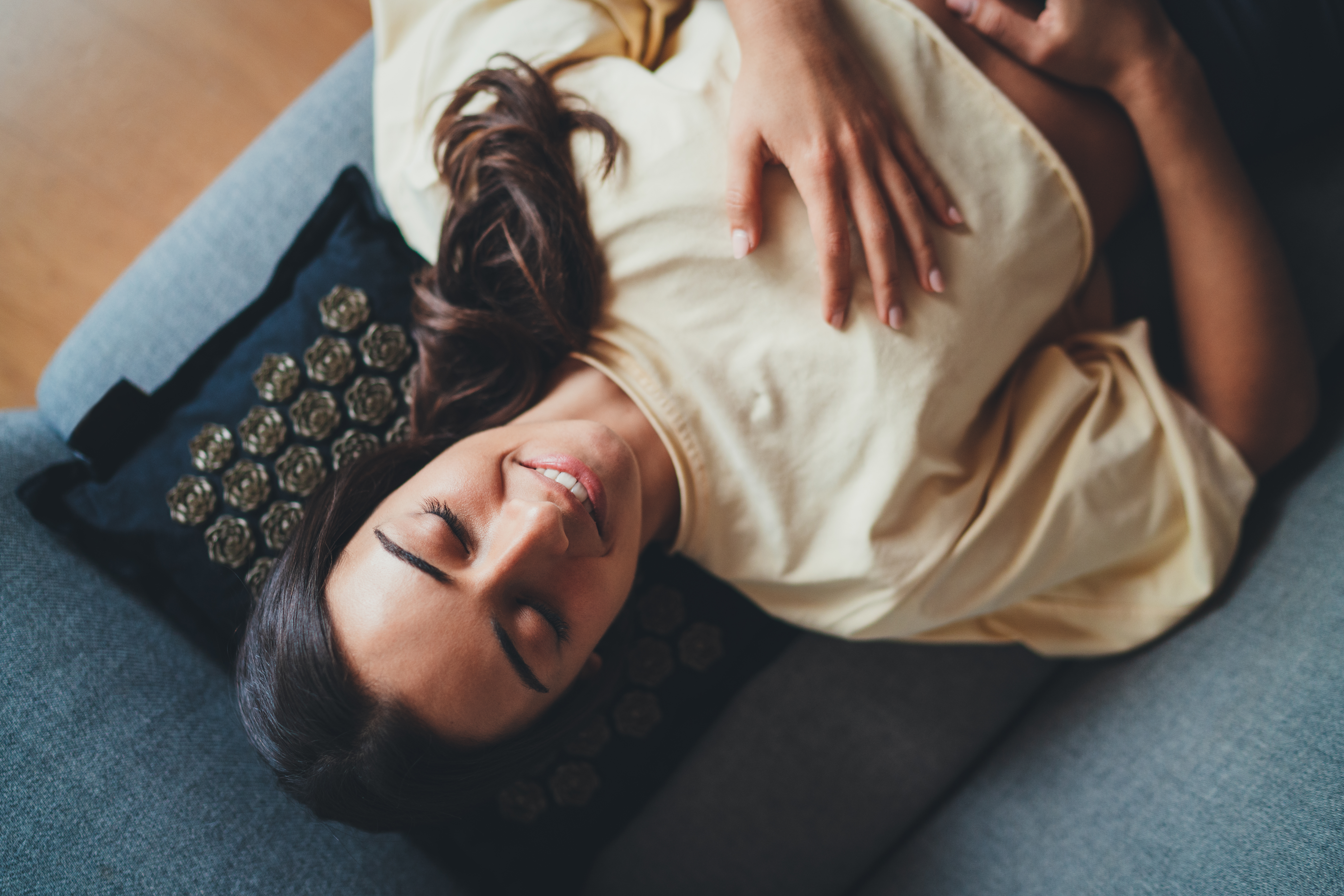
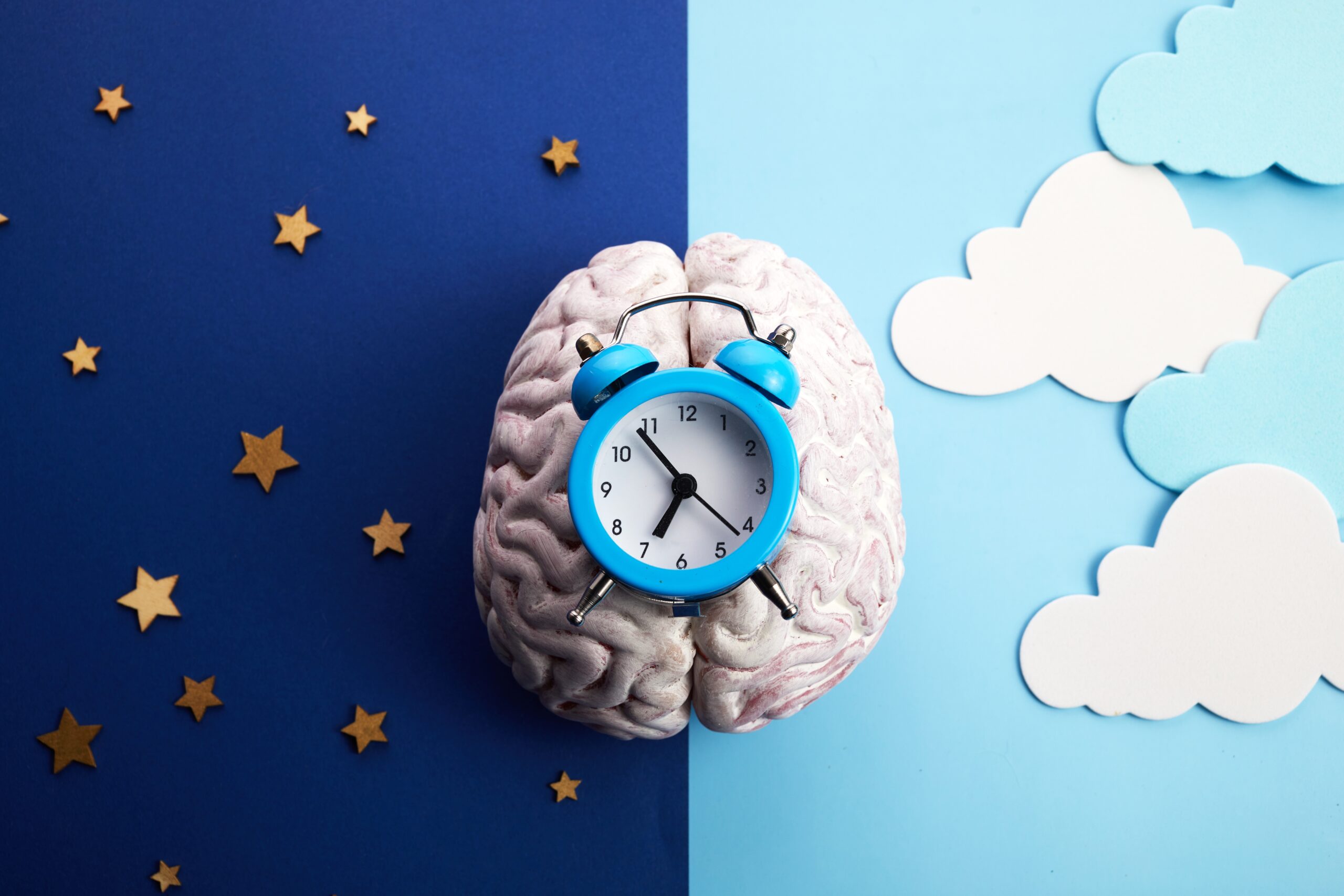

Leave A Comment